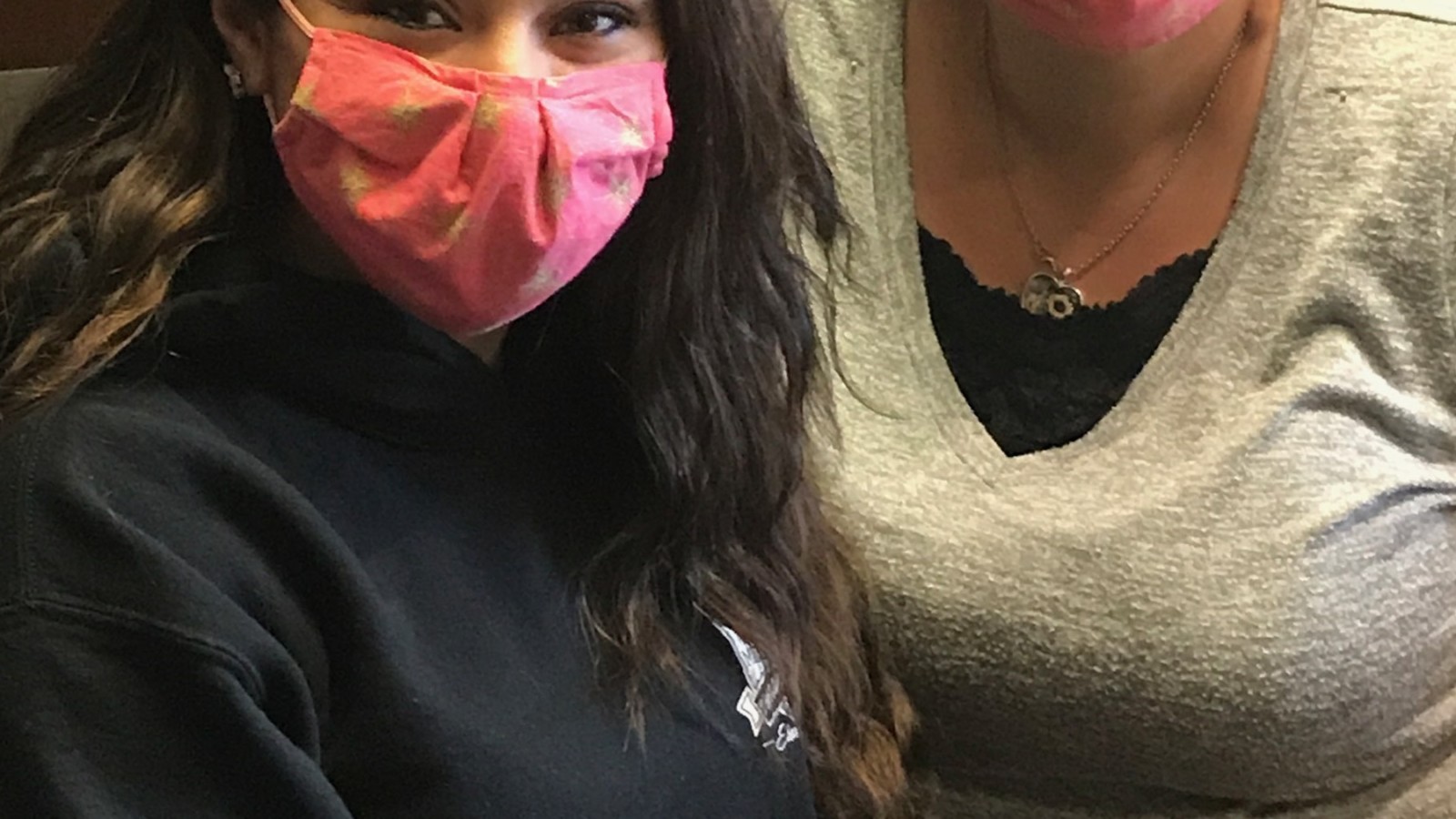This season of our lives has had its share of uncertainty – but one thing’s for sure: those who provide care to people with developmental disabilities are unsung heroes. And I believe it’s time to sing their praises from the rooftops. In the face of unprecedented challenges, direct care professionals from all over the country have risen to new heights, demonstrating that their commitment to the respective organizational missions runs far deeper than their job descriptions.
Like hospital workers, mental health professionals, and many others, our team at Anderson Center for Autism had an entirely new set of demands to meet from Day One of the Covid-19 crisis. And while they were likely experiencing their own personal fears and anxieties, they fully and wholeheartedly engaged in what needed to be done to protect the health and well-being of our residents with autism.
Without hesitation, they signed on for longer shifts to ensure we had full coverage in our residences. They ramped up efforts to sanitize the living quarters, recreational equipment, technology, and everything that is used on a moment-to-moment basis. They figured out ways to help students continue to learn, without a structured classroom environment available to them. They developed plans to keep residents with autism active and connected. They worked to secure donations of PPE, sensitive to the limited funds available.
And that was just the beginning.
They also navigated daily conversations with worried parents and siblings with compassion, communicating with them frequently to provide updates on their loved ones and figuring out ways to keep them all connected despite the need to socially distance.
Our direct support professionals offered unwavering support and encouragement to our residents with autism, who struggle with changes in routine. Because many with autism don’t have the communication skills to articulate their feelings, frustration with those changes in routine can manifest in behavioral challenges. Our team persevered through these difficulties, completely sensitive to what the people we serve were enduring in a time as confusing as this crisis has been.
Some of our direct support professionals voluntarily moved into local hotels to mitigate the risk of virus spread as they went back and forth to work. This meant leaving their own families – the ultimate expression of love for their Anderson family. Extraordinary.
From the moment our campus closed, the minds and hearts of our direct support professionals opened wide. They’ve gone above and beyond their job responsibilities, leaving no stone unturned as they’ve worked to fulfill our mission of optimizing the quality of life for people with autism. Why? Because that’s what heroes do; they’re the kind of people who see the needs of others and find every possible way to address those needs.
And not only have they been true to our mission – they’ve advanced it. As an organization, we’re better because of their care, vision, and commitment. The same is true across human services agencies everywhere – some of the lowest-paid staff have emerged as total heroes. They’ve made significant differences in the lives of those we serve and their families, while making a lasting impact on our entire field and on humanity as a whole.
May we all find ways to express our collective gratitude to this group of people who work in agencies like ours all over the world – not only as we go through this crisis, but in all of the seasons that lie ahead.
Patrick Paul is the CEO/Executive Director of Anderson Center for Autism, located in Staatsburg, whose organizational mission is to “optimize the quality of life for people with autism.” Visit andersoncenterforautism.org to learn more.


